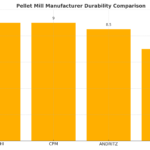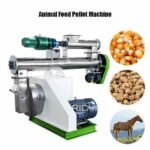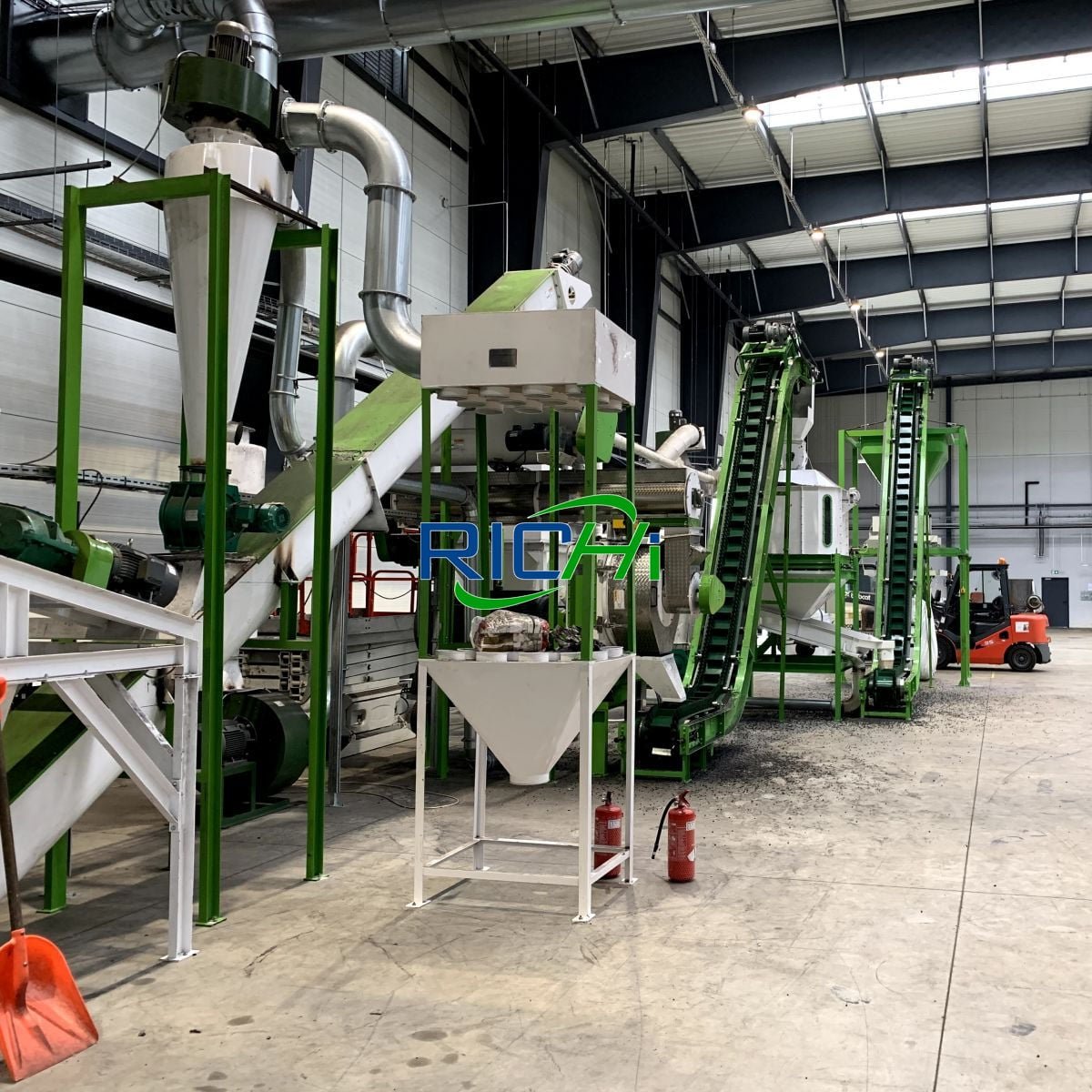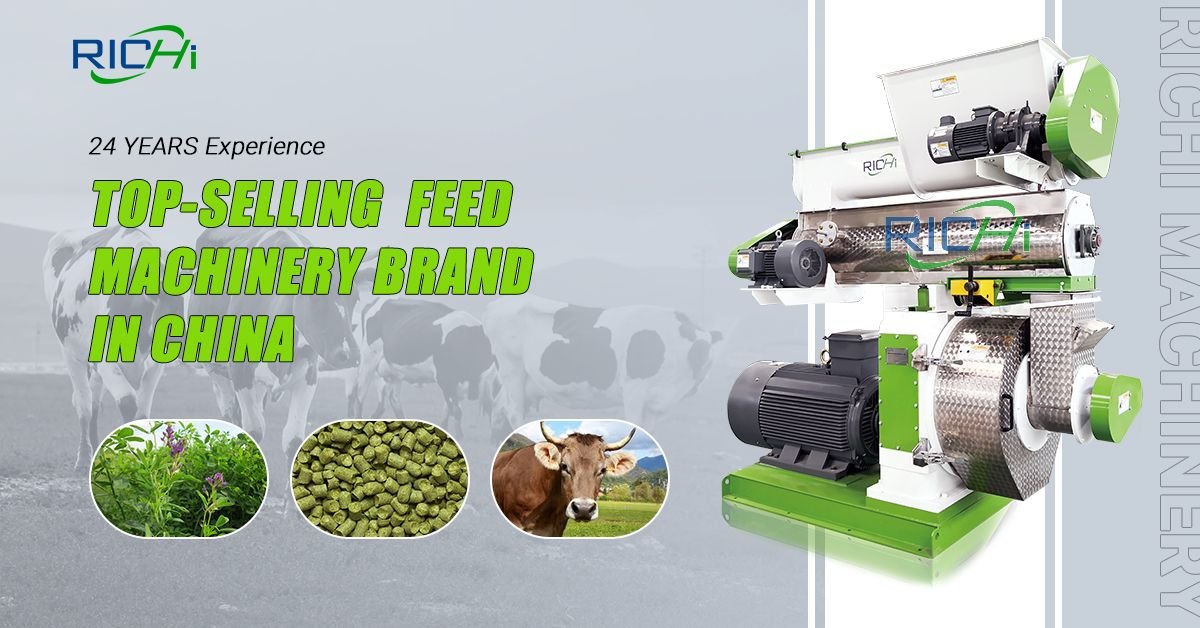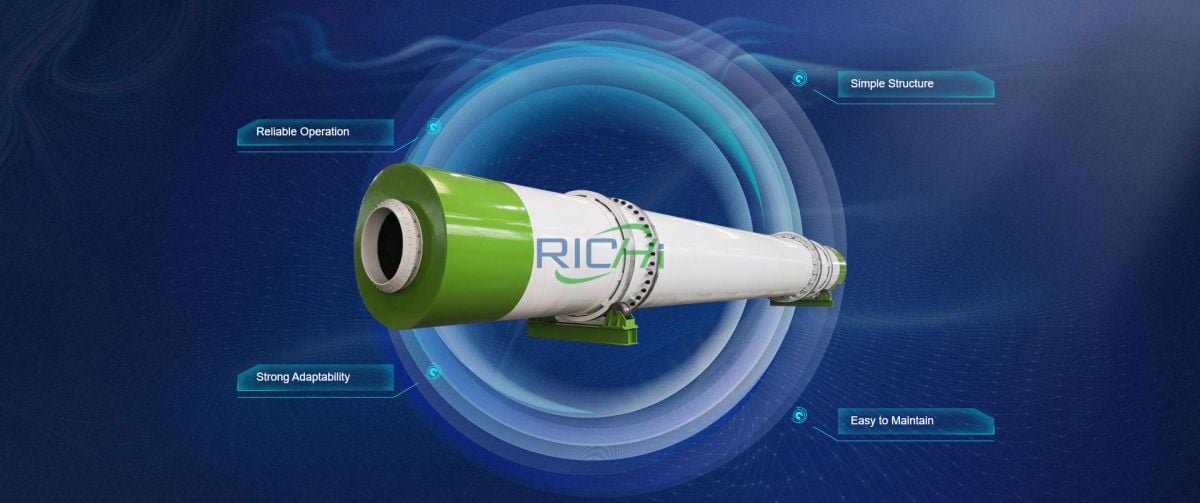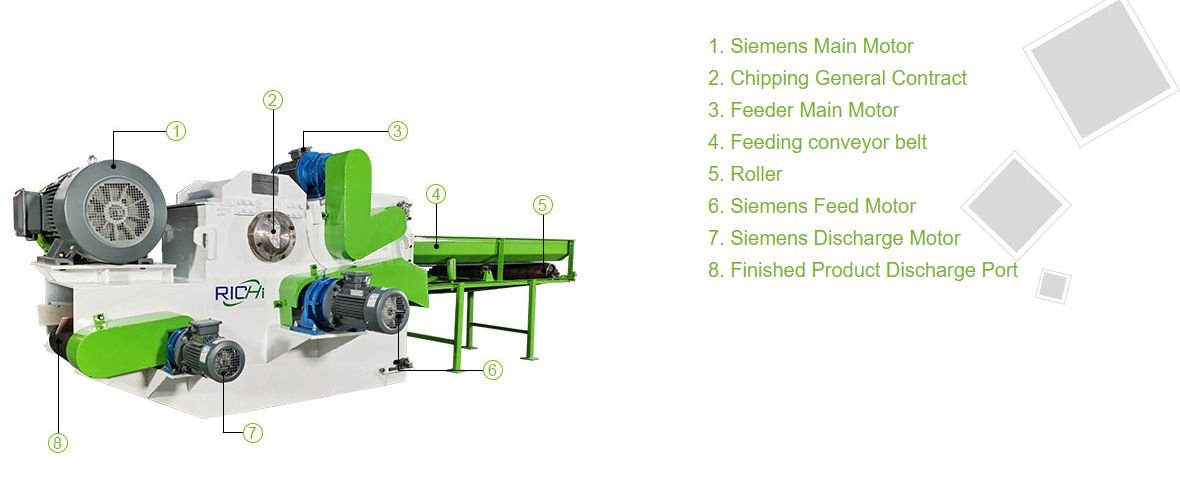The growing global demand for renewable energy sources has significantly increased interest in wood pellet production. A wood pellet production line with a capacity of 2-3 tons per hour (t/h) represents a medium-scale investment, necessitating substantial technical support for installation, operation, and maintenance. The availability and quality of this support can vary widely from one country to another. This article examines the state of technical support for 2-3t/h wood pellet production lines across various regions and the factors that contribute to these differences.
Key Factors Influencing Technical Support
- Local Expertise and Skill Level
- Countries with a well-established wood processing industry typically possess a higher level of local expertise and skilled labor.
- The presence of trained technicians and engineers greatly impacts the efficiency of installation and ongoing maintenance.
- Access to Equipment and Spare Parts
- Proximity to equipment manufacturers and suppliers allows for quicker access to essential machinery and spare parts.
- Countries with local manufacturing capabilities often provide better support due to shorter supply chains.
- Government and Industry Support
- Government initiatives and industry associations can significantly contribute to providing technical training and support.
- Policies that promote renewable energy can result in improved infrastructure and support systems for wood pellet production.
- Infrastructure and Logistics
- Well-developed infrastructure, including transportation and communication networks, facilitates better technical support.
- Efficient logistics ensure the timely delivery of equipment and parts, reducing potential downtime.
- Regulatory Environment
- Stringent regulations may require higher levels of technical support to ensure compliance.
- Countries with clear and supportive regulatory frameworks can offer better guidance and assistance.
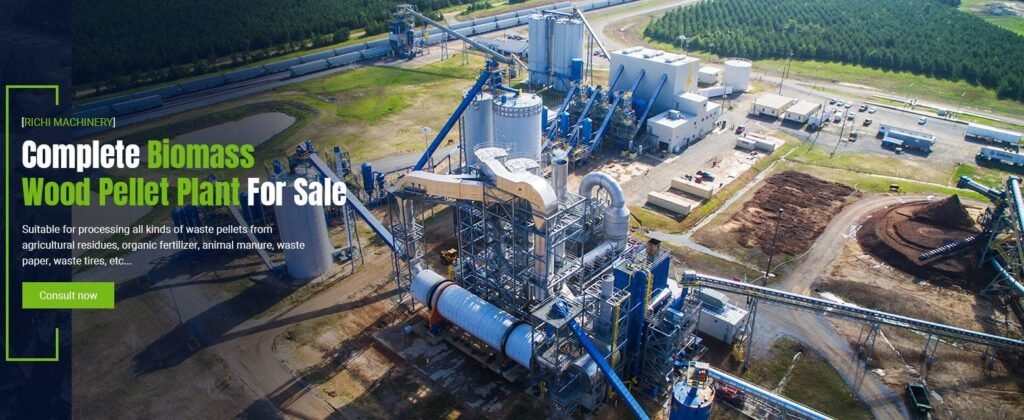
Technical Support in Various Regions
- Europe
- High Level of Technical Support
- Key Factors: Established wood processing industry, strong government support, and advanced infrastructure.
- Example: Germany and Sweden benefit from extensive technical expertise and support networks due to their longstanding involvement in wood processing and renewable energy initiatives.
- Market Insight: Germany’s numerous equipment manufacturers and well-developed supply chain ensure rapid access to machinery and spare parts, with government programs offering technical training and support.
- High Level of Technical Support
- North America
- Moderate to High Level of Technical Support
- Key Factors: Advanced technology, skilled labor force, and supportive government policies.
- Example: The United States and Canada provide robust technical support thanks to their developed wood processing industries and focus on renewable energy.
- Market Insight: In the U.S., states like Oregon and Washington have a high concentration of wood pellet production facilities, creating a strong network of technical expertise and support.
- Moderate to High Level of Technical Support
- Asia
- Growing Level of Technical Support
- Key Factors: Rapid industrialization, increasing government support, and improving infrastructure.
- Example: China and India are establishing strong technical support systems driven by their expanding renewable energy sectors.
- Market Insight: In China, the government’s emphasis on renewable energy has led to the creation of numerous technical training programs and support centers, bolstered by local equipment manufacturing.
- Growing Level of Technical Support
- Latin America
- Moderate Level of Technical Support
- Key Factors: Abundant raw materials, emerging renewable energy policies, and improving infrastructure.
- Example: Brazil and Chile are developing technical support systems to bolster their growing wood pellet industries.
- Market Insight: Brazil’s strong agricultural sector lays the foundation for developing technical expertise in wood pellet production, supported by government initiatives promoting technical training.
- Moderate Level of Technical Support
- Africa
- Emerging Level of Technical Support
- Key Factors: Abundant biomass resources, increasing energy needs, and growing awareness of renewable energy.
- Example: South Africa and Kenya are starting to build technical support systems for wood pellet production.
- Market Insight: South Africa is implementing government programs aimed at providing technical training and support for renewable energy projects, including wood pellet production.
- Emerging Level of Technical Support
- Australia
- Moderate Level of Technical Support
- Key Factors: High energy prices, environmental concerns, and government incentives for renewable energy.
- Example: Australia’s commitment to reducing carbon emissions is spurring the development of technical support systems for wood pellet production.
- Market Insight: High traditional energy costs and government incentives are fostering the growth of technical expertise in Australia’s renewable energy sector. (Related post: wood pellet processing equipment)
- Moderate Level of Technical Support
Detailed Analysis of Technical Support by Region
- Europe
- Germany: High technical support levels attributed to a well-established wood processing industry and strong government initiatives, with numerous equipment manufacturers ensuring quick access to necessary machinery and parts.
- Sweden: Extensive technical expertise and support networks due to a long history of wood processing and renewable energy development.
- North America
- United States: Strong technical support in states with concentrated wood pellet production facilities, leveraging advanced technology and skilled labor.
- Canada: Similar to the U.S., emphasizing renewable energy and maintaining a developed wood processing industry.
- Asia
- China: Increasing technical support driven by government initiatives and local equipment manufacturing, with numerous training programs and support centers emerging.
- India: Developing technical support systems backed by government initiatives and improving infrastructure.
- Latin America
- Brazil: Moderate technical support rooted in the agricultural sector, with government initiatives enhancing technical training and support.
- Chile: Emerging technical support driven by renewable energy policies and improved infrastructure.
- Africa
- South Africa: Emerging technical support through government programs aimed at training and supporting renewable energy projects.
- Kenya: Developing technical support systems as awareness of renewable energy increases.
- Australia
- Australia: Moderate technical support fostered by high energy prices and government incentives, developing expertise in the renewable energy sector.
Conclusion
Technical support for 2-3t/h wood pellet production lines varies significantly across different countries, influenced by factors such as local expertise, access to equipment and spare parts, government and industry support, infrastructure, and regulatory environments. Generally, Europe and North America offer the highest levels of technical support due to their established wood processing industries, advanced technology, and strong government backing. In contrast, Asia, particularly China and India, is rapidly enhancing its technical support systems driven by industrial growth and government initiatives. Latin America, Africa, and Australia are also building their technical support networks, supported by abundant raw materials and an increasing focus on renewable energy.
Investors and operators must carefully consider these factors when planning to establish a wood pellet production line. By understanding the specific technical support conditions in each region and leveraging local advantages, businesses can optimize their investments and achieve long-term success in the dynamic global wood pellet market.



